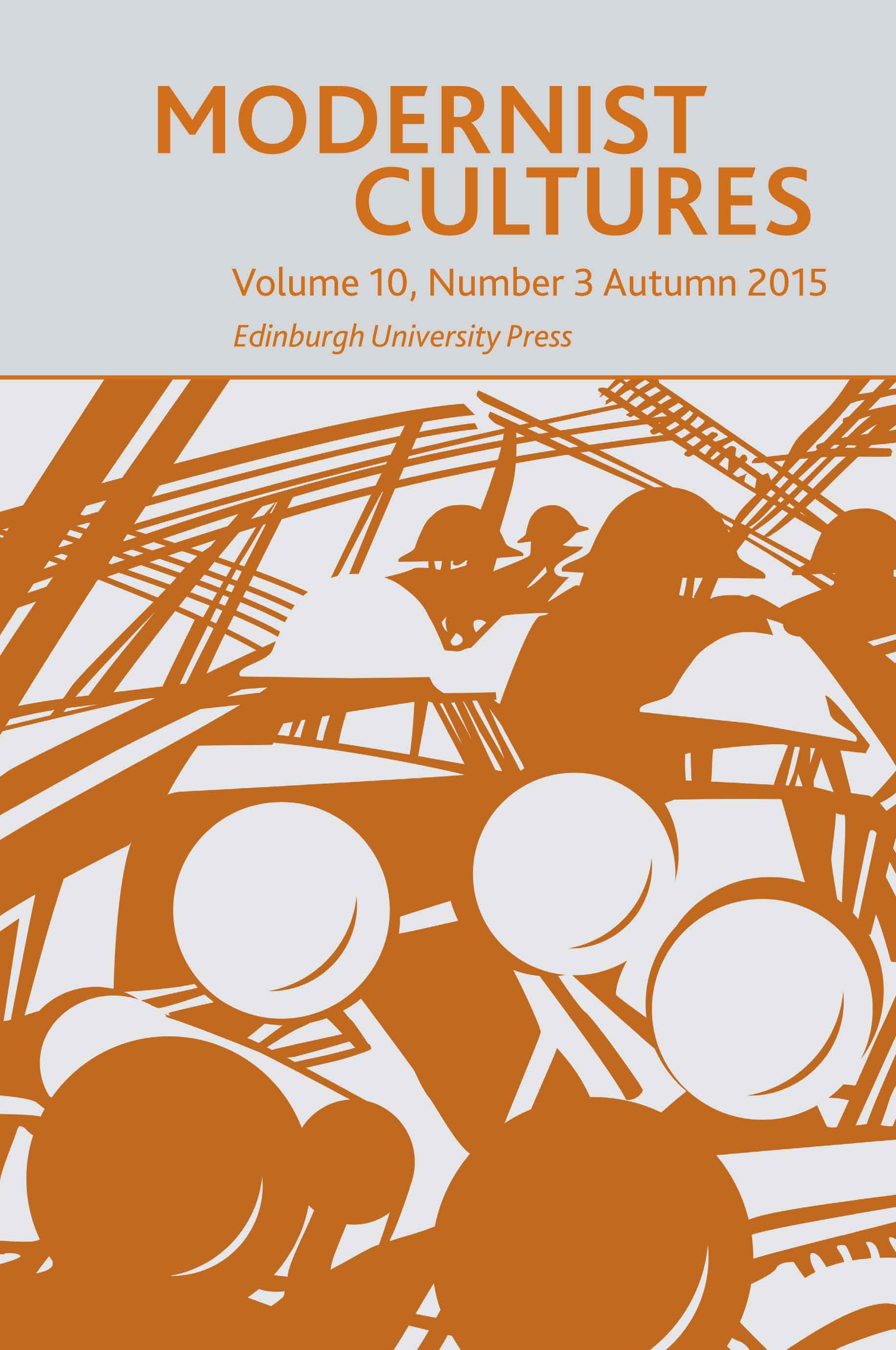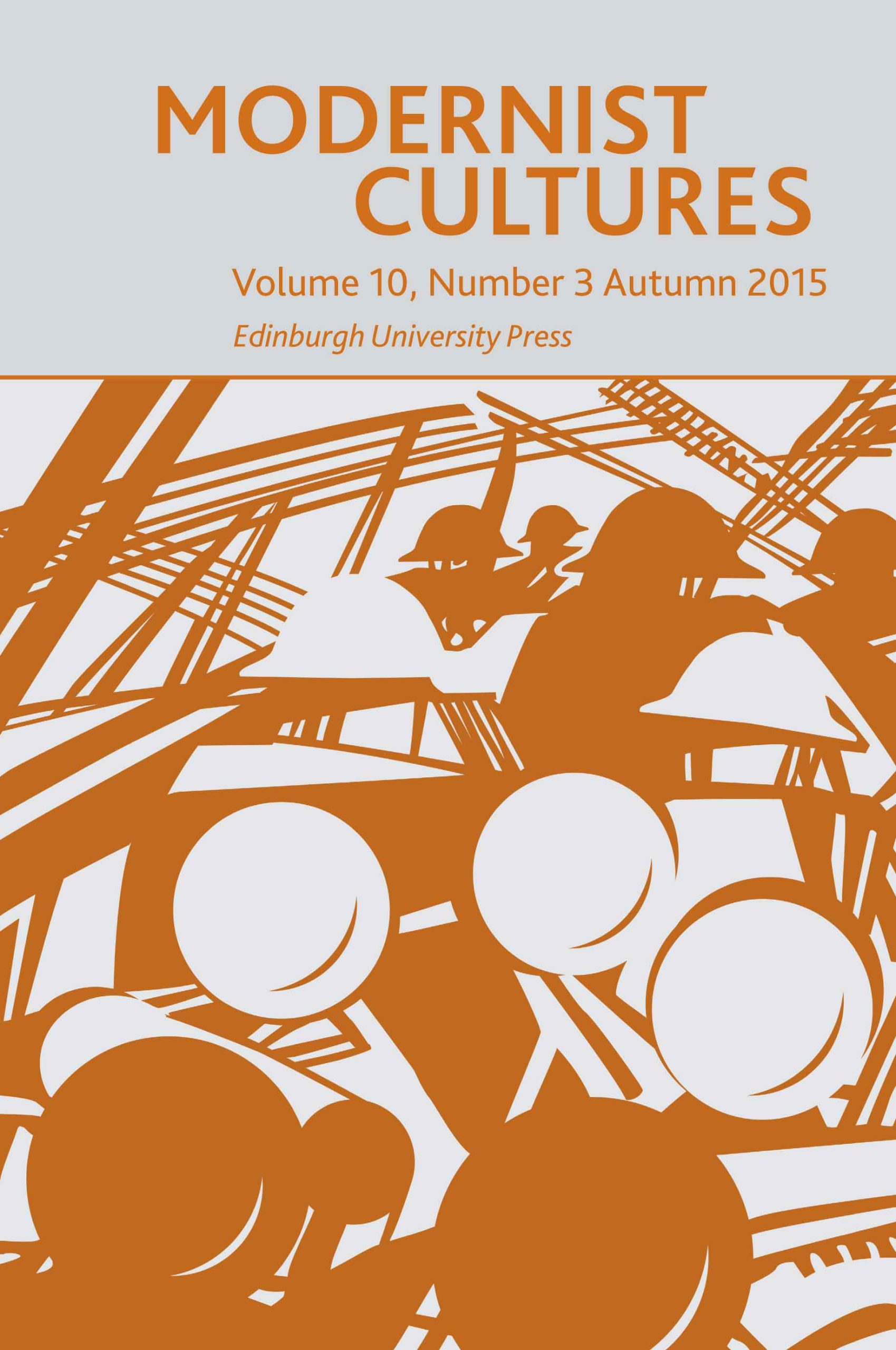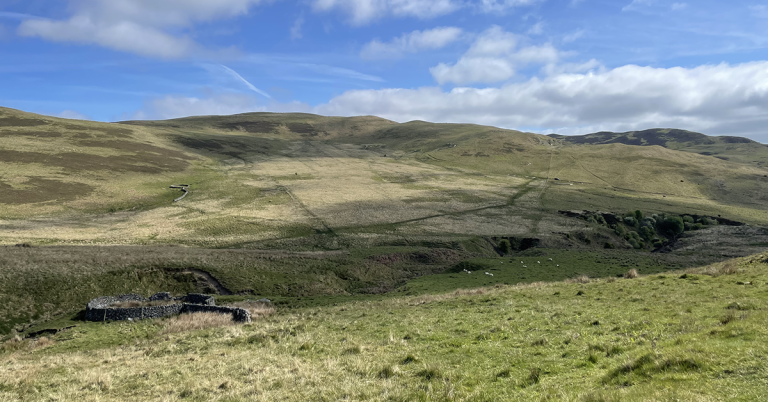
By Kate McLoughlin
This article arose from a paper I gave at the conference on the Long Modernist Novel at Birkbeck, University of London, in April 2014, organised by Scott McCracken and Jo Winning, the editors of this volume of Modernist Cultures.
Writing the conference paper, I knew that what I wanted to describe in relation to Henry James was the ‘oh, now I get it’ kind of moment—the best example of which is Isabel Archer realising that she ‘gets’ the relationship between Gilbert Osmond and Madame Merle. Thinking about the length of the novel—and James has interesting things to say about the economics of text—made me realise that these moments of insight depend on a long, not-necessarily-conscious gestation of things that have been noticed: a kind of slow-cooker version of coming to understanding. And the gestation doesn’t just happen for the protagonist of the long modernist novel, but for the reader as well. Experience + time + reflection = insight: this chimes perfectly with Walter Benjamin’s concept of Erfahrung.
But it was harder to work out what’s happening in the passage in Dorothy Richardson’s Dimple Hill (the twelfth in her Pilgrimage sequence), in which the narrating consciousness, Miriam Henderson, experiences what seems to be a moment of illumination:
it [a familiar line from the book she is reading] had struck down through her and vanished, leaving only the shock it had brought, a physical shock passing through her body, carrying with it all she knew and was
The moment does not seem to be an insight related to long experience. But Benjamin’s other alternative—Erlebnis, experience in the raw—does not fit either. This is a moment with history, rather than an unmediated, shocking event. Nor does the epiphany, most often associated with James Joyce, provide much help. The epiphany has much in common with Benjamin’s Jetztzeit or ‘Now-time’—an instant in which chronological time comes to a halt and is revealed/perceived in all its future potential.
Scott McCracken and I discussed these alternatives in a very helpful email exchange, and my conclusion was that Miriam’s moment was neither an instant of Erfahrung-based insight, nor Erlebnis nor Jetztzeit. The clue is ‘carrying with it all she knew and was’. This is a moment when experience is stripped away, a brilliant example of what Benjamin described as a crisis in communicable experience—itself a hallmark of modernity.
Read ‘Moments of Insight in Long Novels by Henry James and Dorothy Richardson’ in Modernist Cultures, 10.3. 
Kate McLoughlin is an Associate Professor of English Literature at the University of Oxford and Robert Wills Fellow and Tutor in English Literature at Harris Manchester College. She is the author of Authoring War: The Literary Representation of War from the Iliad to Iraq (2011) and editor of The Modernist Party (2013).





